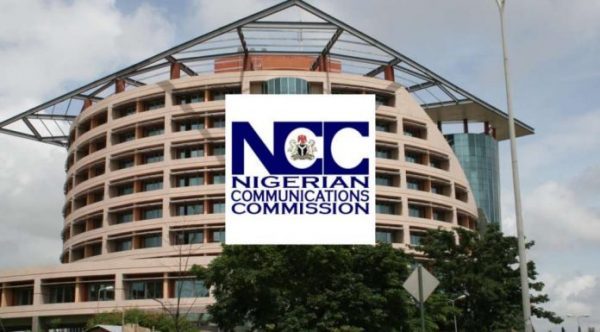No financial inclusion without technology, skills, say CBN, others

The Central Bank of Nigeria (CBN) has said that the 80 per cent financial inclusion target set for 2020 cannot be achieved without investments in technology and requisite skills.
Besides, the apex bank noted that financial inclusion must go beyond just banking and payment, but be holistic in nature for maximum impact, which would require use of disparate data in the country to provide services to all.
According to it, challenges, including culture, norms, obsolete infrastructure, lack of trust in the system, among others, have continued to increase the financial inclusion gap, which is currently put at 41 per cent in the country.
Speaking at the 2018 Artificial Intelligence for Financial Inclusion summit with the theme: “New Algorithm for the Financially Excluded Segment,” organised by Data Science Nigeria with The Guardian as the media partner, in Lagos yesterday, the CBN and other stakeholders in both the financial and technology sectors called for more collaboration in the drive towards bridging the gap in the country.
The experts noted that there was no even development in the country’s inclusion drive as the North seems to be embattled with security challenges, low level of education, inadequate network penetration, among others, leaving majorly the southern part to continue to thrive.
According to them, with technology having a big role to play in the drive to meet the financial inclusion target, many of the financially excluded have no access to technology, which makes it more difficult.
Head, Financial Inclusion Secretariat (FIS), CBN, Temitope Akin-Fadeyi, said the CBN has 80 per cent target by 2020, which can be achieved with the use of technology.
She said: “The traditional channel has taken us this far but we need technology to take us to the next level. Nigeria has chosen the mobile money license model as part of the ways to meet the target but beyond that, we have opportunity for telecommunications operators to leverage and offer financial services.
She, however, warned that data and consumer protection must be taken to heart in proffering technology solutions, looking out for threats and unintended consequences.
Convener of Data Science Nigeria (DSN) and MTN Chief Transformation Officer, Bayo Adekanmbi, said the country needed to use data to accelerate access to financial inclusion for economic prosperity and shared common wealth, as poor people usually do not have access to funds that can empower them.
Also, Microsoft Nigeria Country Manager, Akin Banuso, said: “With the use of modern tools like Microsoft’s Azure Machine Learning platform, Financial Service Providers (FSPs) can crunch large volumes of data faster and more accurately, which considerably lessens time-to-market to deliver products and services.







